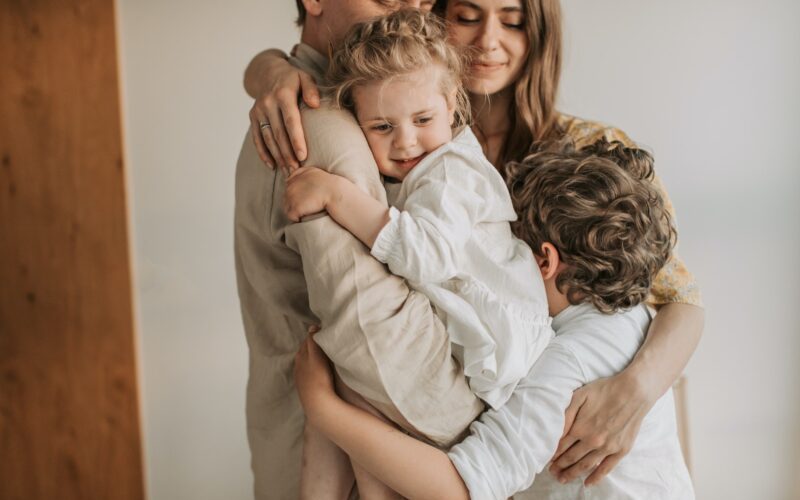“Teachers know what is best for their kids,” tweeted Secretary of Education Miguel Cardona, “because they are with them every day. We must trust teachers.”
In his May 20 article “‘These Are Our Kids, They Belong to All of Us’: Three Times the Left Trampled on Parental Authority This Past Week Alone,” Tim Meads looks at this comment, alongside recent remarks from Florida fifth-grade teacher Jenna Barbee and White House Secretary Karine Jean-Pierre.
Barbee showed an LGBTQ film to her fifth-graders, was met with a protest from parents, and responded by saying that parental rights “are gone when your child is in the public school system because there are students talking about these things.”
Jean-Pierre’s comments were the most egregious, though. Speaking at a GLAAD (formerly Gay and Lesbian Alliance Against Defamation) function, she sharply criticized states and localities that are banning sex-change surgeries on children. “That’s something that we have to call out and continue to be very clear about,” she said. “These are kids. These are our kids. They belong to all of us.”
All three of these people are emblematic of the ongoing battle over children, their upbringing and education, and the role of the state in these matters vis-à-vis the parents. Key to this conflict is a simple question: To whom do our children belong?
Though Meads reports the left as trampling on parental authority, in these cases it is the government doing the trampling. Cardona, Barbee, and Jean-Pierre are all connected to the state, which increasingly claims the right to act in loco parentis.
These claims are not without legitimacy. Welfare payments, SNAP, Medicaid, free and subsidized day care, Head Start, public school education, loans to college students: These are only some of the components of socialism that have brought governments into a partnership, welcome or not, with families. The benefits of this merger may be great, but they always come with a price tag.
Some parents who have taken little from the state, who pay their children’s health, educational, and living expenses, have a more solid case for resisting these incursions. Their reaction, I suspect, would be like that of Charlie Anderson (Jimmy Stewart) in the film Shenandoah. The Civil War is raging, and recruiters and some neighbors are pressuring Anderson to send his sons into the Confederate army. “These are my sons,” Anderson replies angrily. “They don’t belong to the state. When they were babies, I never saw the state coming around with a spare teat. We never asked anything of the state and never expected anything.”
With that rejection, however, comes another question, equally messy: Do children belong to their parents? Western culture long ago rejected the ancient Roman patria potestas, which at its most extreme gave fathers the power of life and death over their children. Though a more recent innovation, we’ve also done away with arranged marriages. On the other hand, we’ve given women a limited form of matria potestas, allowing them to decide whether a fetus has the right to life. Recent legal cases centered on transgender issues also cloud this question of rights as parents battle to resist gender changes in their teenagers.
So again, to whom do children belong?
Some would argue—I am in this camp—that our children belong to God, that they are on loan to parents with the expectation that Mom and Dad will do their best to care for this gift to the world. Given the low estate of religious belief in today’s America, this argument is a tough sell, so perhaps the better question is: With whom do our children belong?
If we believe, as so many of us still do, that the family is the foundation of our culture and civilization, then the question is clear: Children belong with their parents. Excepting extreme situations such as neglect or abuse, we would categorically deny Jean-Pierre’s claim, “These are our kids. They belong to all of us.” When we hear those words, or worse, see them put into action, we should respond with the same outrage and mockery already delivered by some parents to this attempted state control of their children.
If we want to preserve our rights as Americans, we can best start by preserving the family.
—
Image credit: Pexels-Vlada Karpovich


















